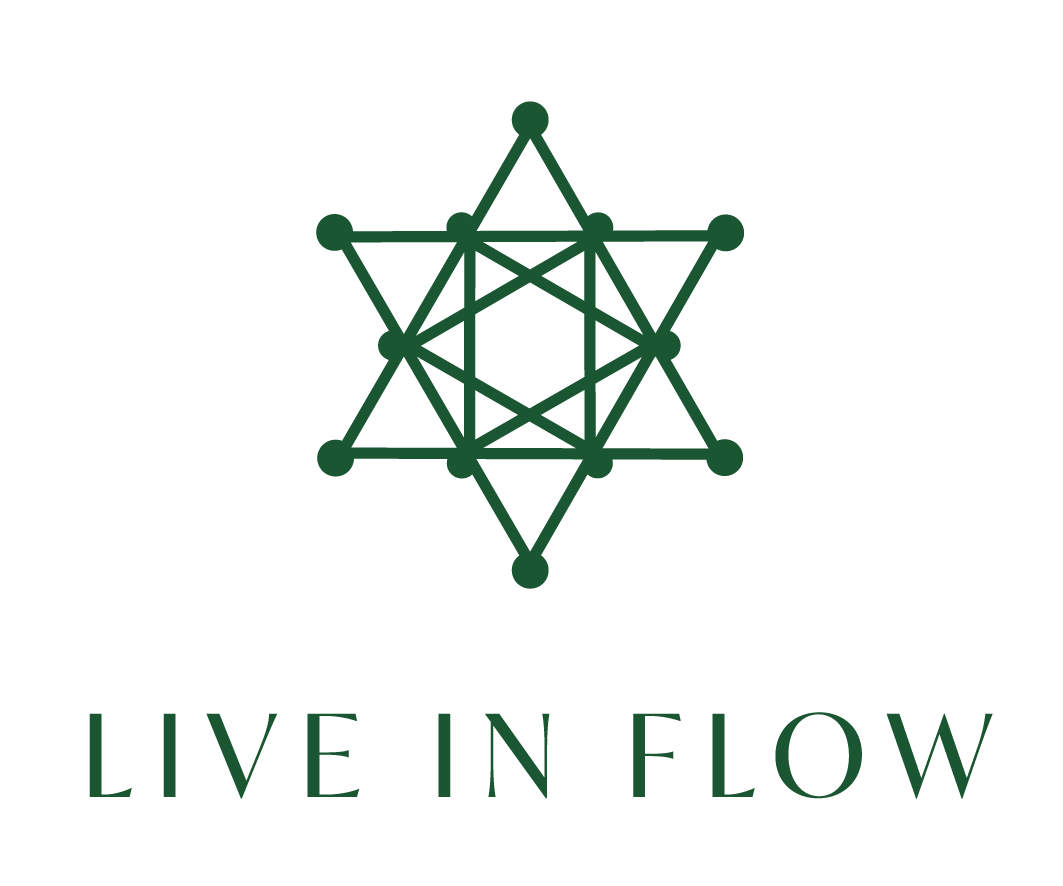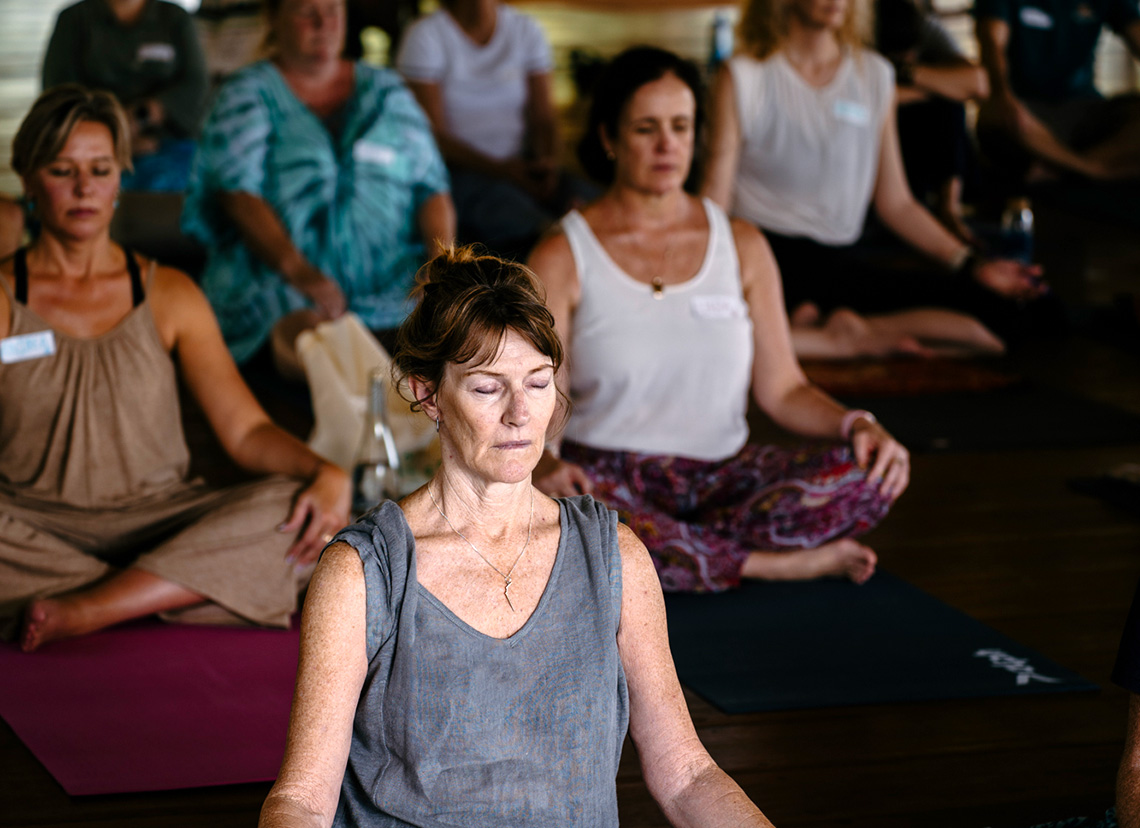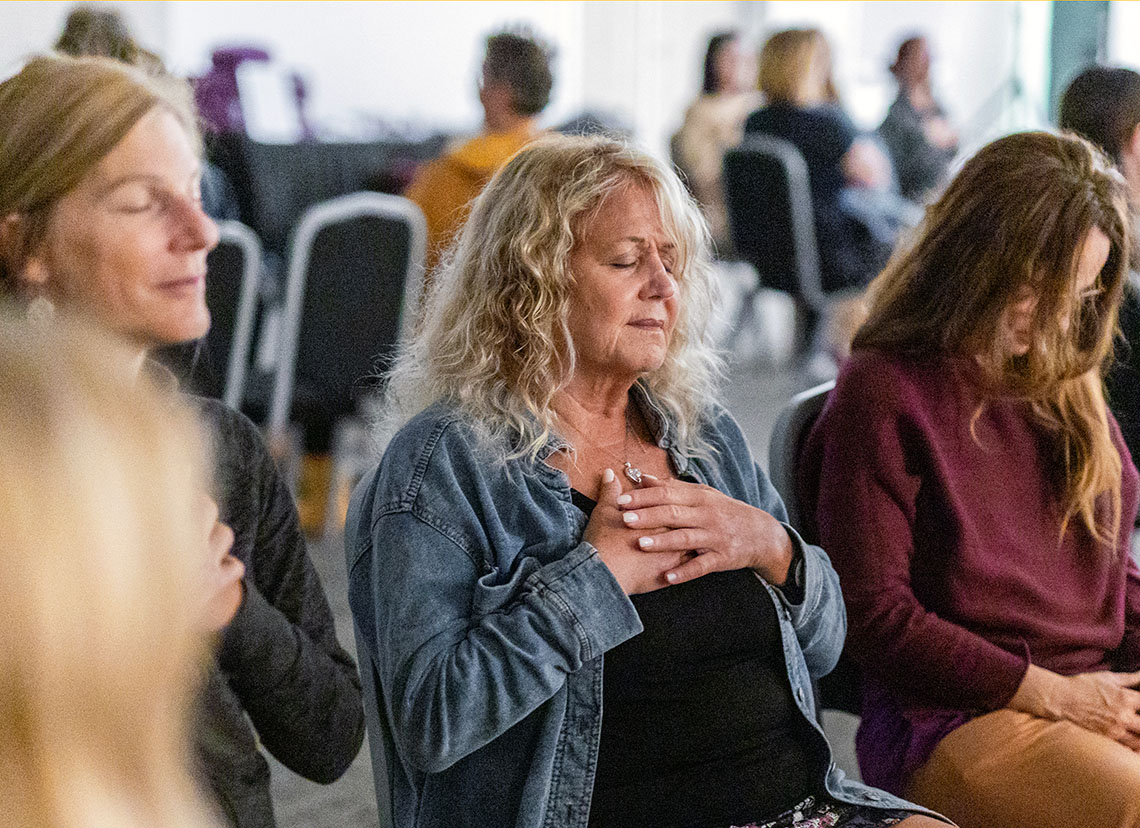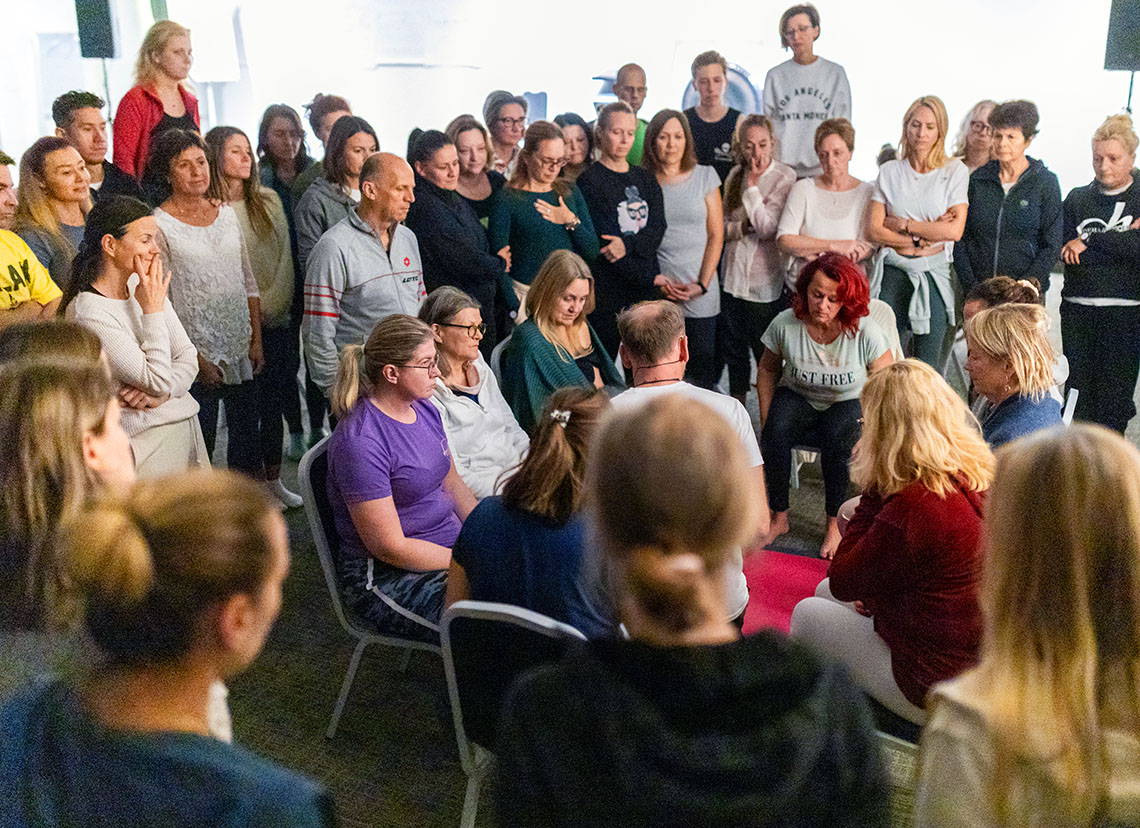No matter how hard we try, some beliefs can keep us from living our best lives and reaching our full potential.
Many times, these beliefs come in the form of negative self-talk. This often sounds like “I’m useless again,” “I’m so miserable,” or “nobody understands me.“ Though they can be difficult to notice or address, it is essential to remember that beliefs such as these limit our abilities.
As such, it is essential to be aware of negative and positive beliefs to strive toward making meaningful changes in our lives.
WHAT ARE BELIEFS?
Beliefs are often seen as the foundation of our actions and the decisions we make. They act as shining lights on a path, guiding us in the best direction for ourselves and those around us. They can help motivate us to continue learning and pushing forward while ensuring we don’t step too far into something that could cause damage.
When beliefs are healthy and supportive, they can be a source of strength, helping us confidently build better lives for ourselves and our families. Developing beliefs that empower rather than disempower us is key to creating a more vibrant future.
Our beliefs are fundamental, because they often form the basis of our decisions and behavior. Unfortunately, beliefs that develop too early are not necessarily formed from balanced or informed opinions.
It is possible for people to unknowingly absorb messages from a variety of sources such as family, friends, teachers, and media.
These external influences can significantly impact their beliefs for better or worse. It’s essential to be aware that the environment can heavily influence beliefs, so it is critical to filter them carefully and assess how accurate they may be in shaping our views of the world around us.
Examples of Core Beliefs
Core beliefs are the foundation for how we interact with and view ourselves within our environment. They can range from positive, confident notions of self-worth or justice, such as “I am lovable” or “The world is fair,” to more negative mental frameworks like believing that one is inherently wrong or incompetent.
Our core beliefs profoundly shape our life experiences. Positive, negative, and neutral thoughts can be ingrained at a deep level of consciousness – informing how we view ourselves, others, the world around us, and even our capabilities.
Examples might include self-esteem assessments like “I am unlovable” or “goodness judgments,” such as believing people are generally good-natured; appraisals regarding the universe like it being safe versus hostile; to confidence in one’s abilities that success is achievable when the effort is applied.
WHAT ARE VALUES?
Values are stable beliefs that are long-lasting and can remain consistent throughout life.
An example of a value could be helpfulness or having a friendly tone when interacting with others. No matter what our beliefs are, it is essential to recognise the values that drive us and why they have been important enough for us to develop such personal convictions.
For instance, if you hold honesty as an essential value, then lying may not be an option in certain situations. Values are deeply embedded beliefs that stay with us over time, motivating and influencing many of our behaviors. Whether the values have been instilled by family or culture, it’s crucial to recognise those that strongly guide your beliefs and choices to use them as emotional intelligence in day-to-day living.
NEGATIVE CORE BELIEFS – Where the Real Problem Begins
Negative core beliefs can be incredibly persistent and difficult to challenge. They are often set up so that the individual only accepts information confirming their beliefs while disregarding anything that contradicts them.
When someone holds a negative core belief, they have difficulty accepting or believing positive information about themselves, their relationships with others, or their beliefs about the world. This type of person will tend to pay more attention and give more weight to information that supports these beliefs rather than looking at contradictory evidence.
Identifying and embracing your core values, beliefs and negative beliefs is necessary to lead a life of greater purpose. It’s never too late to take the time to figure out how to start exploring your beliefs. Once you identify them, you can adjust your beliefs to promote a more centered and happier life.
Be kind to yourself; cherish every lesson learned and grow from it. Remember, there are always opportunities for change – begin today!






